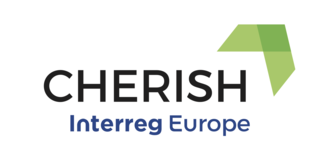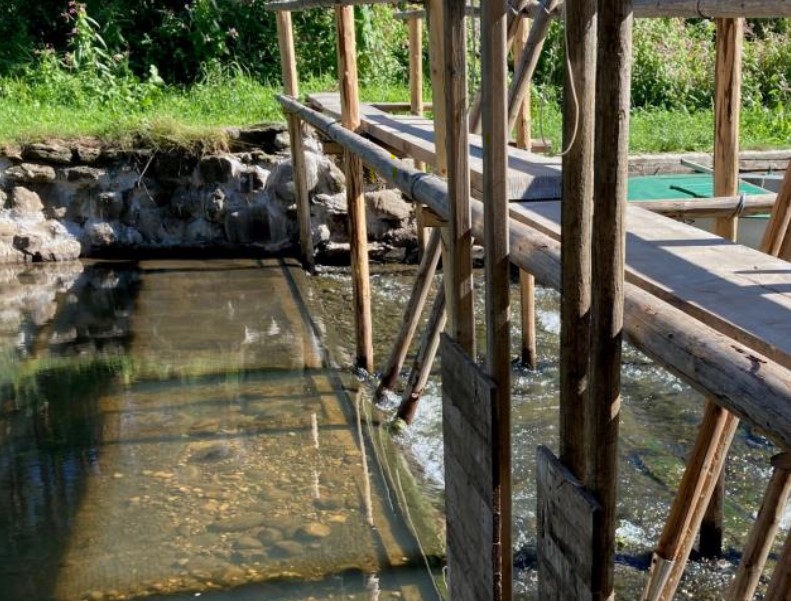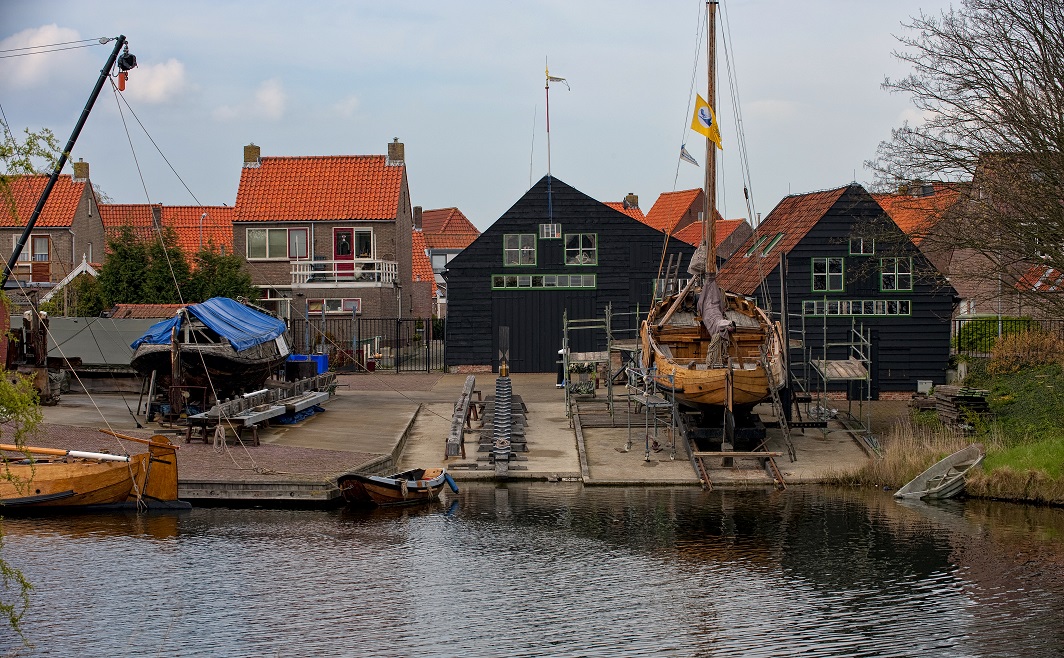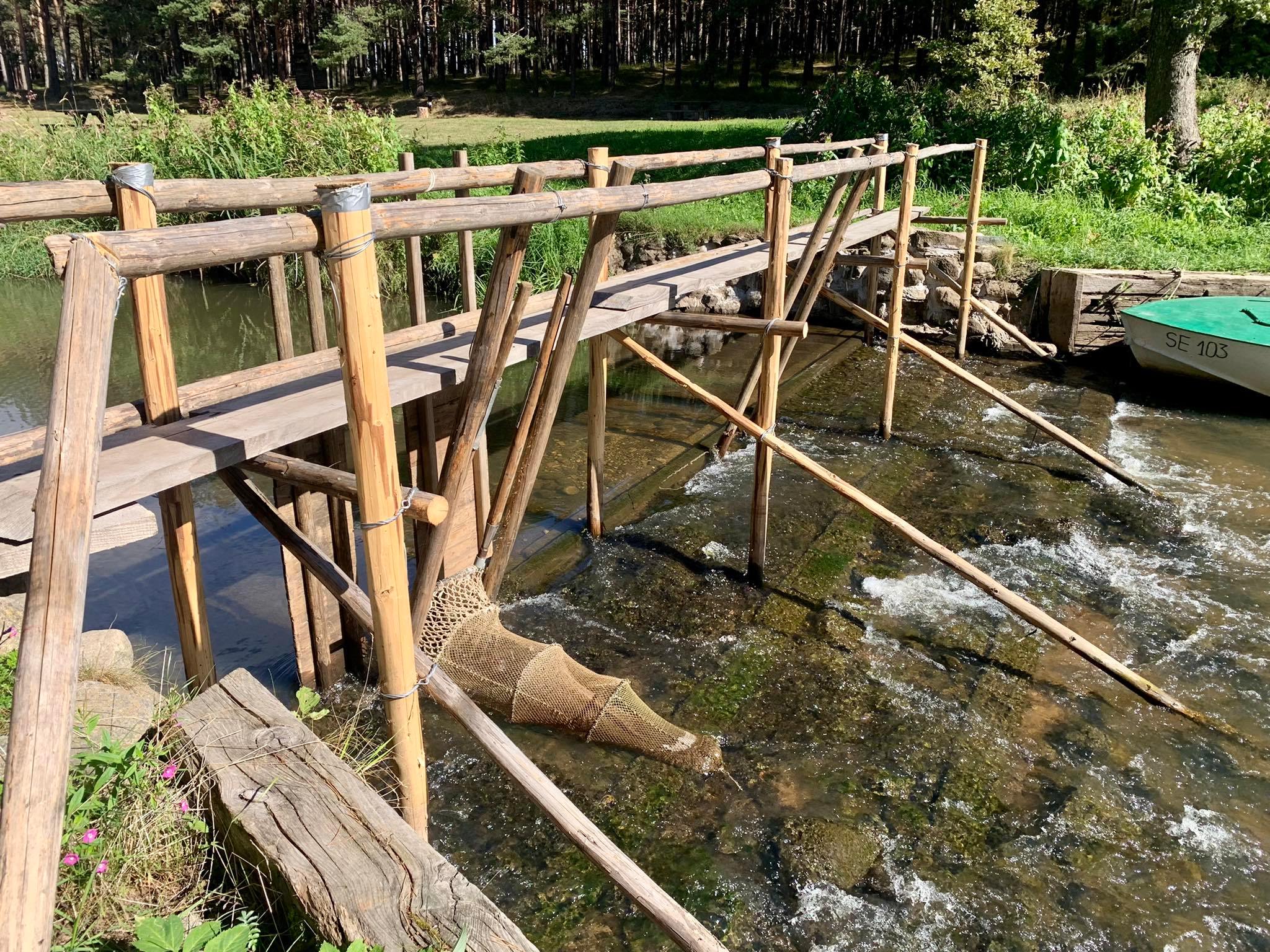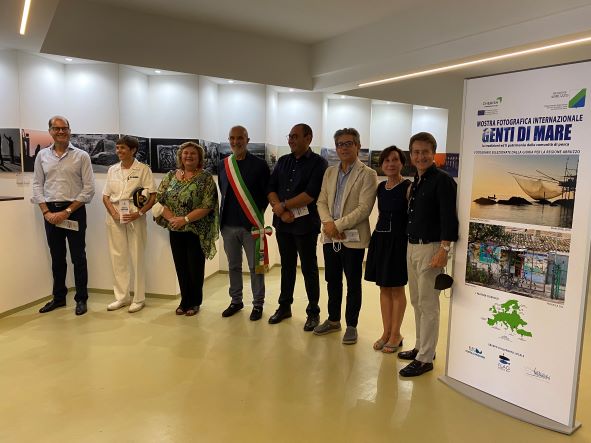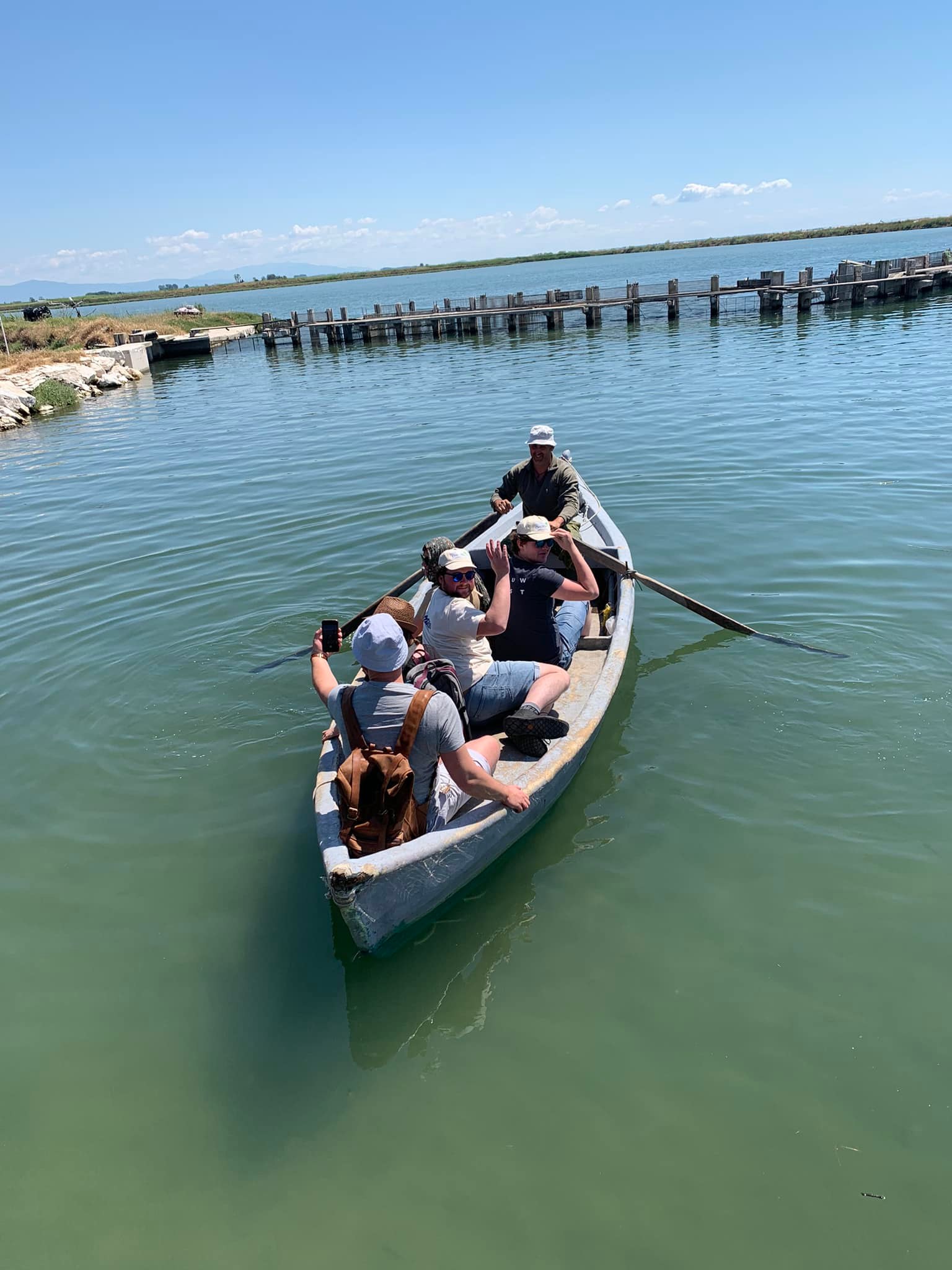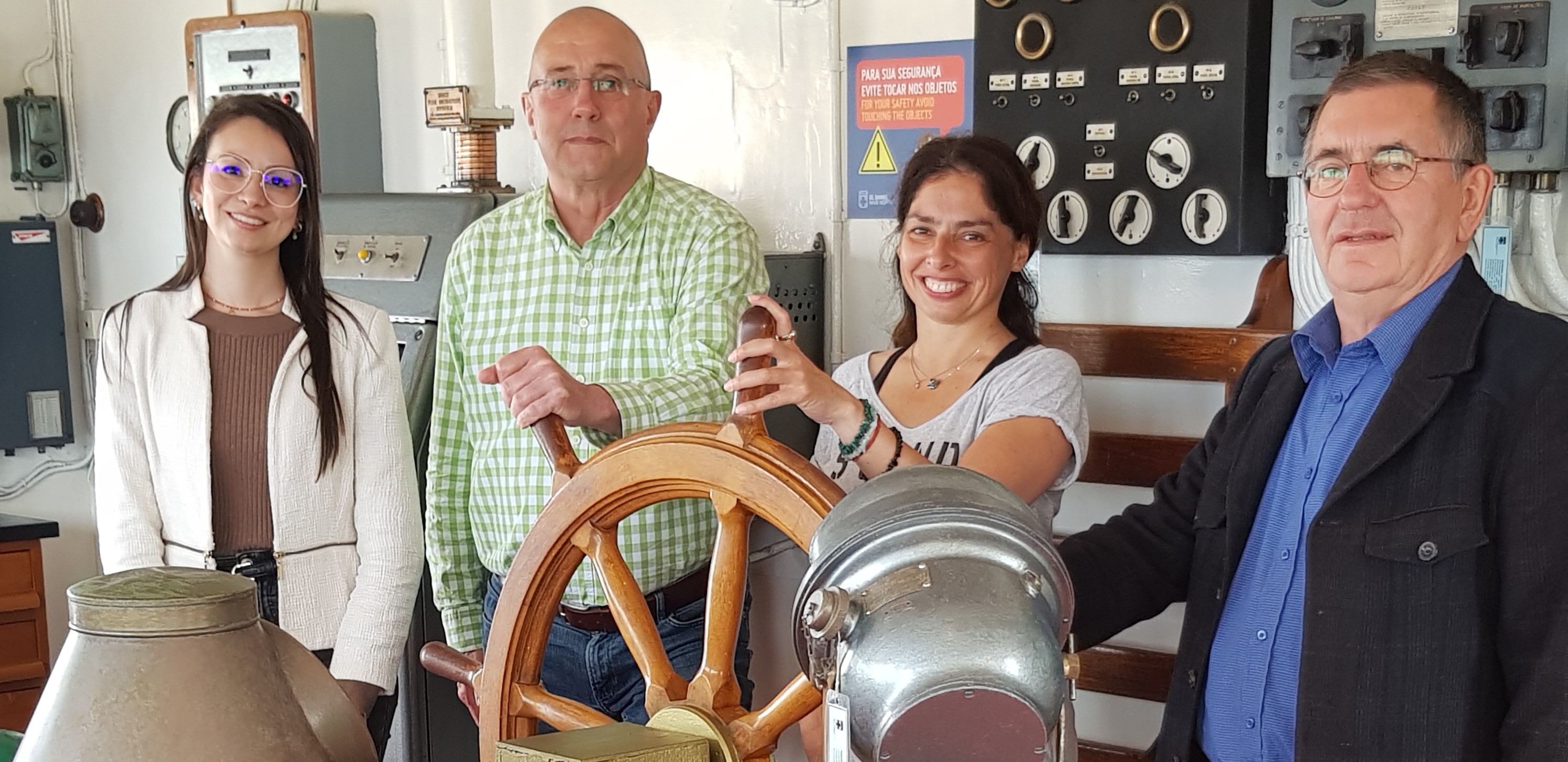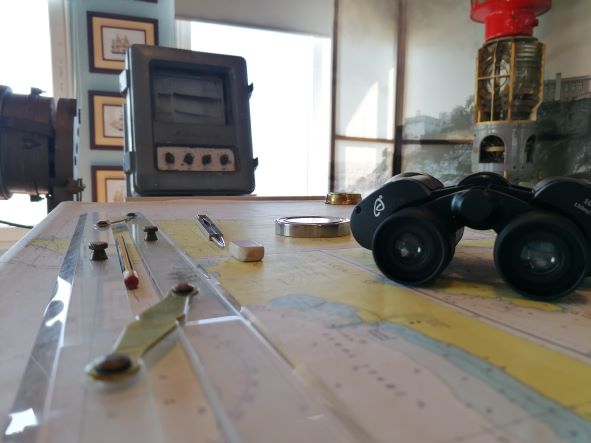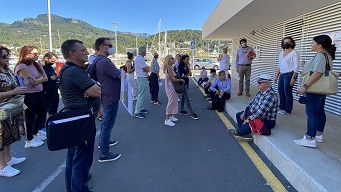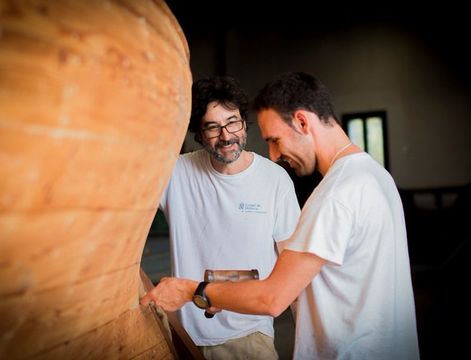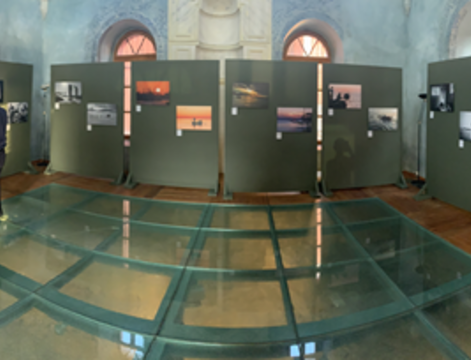Before the COVID19 restructions came in place, two of the 7 CHERISH partner regions organised stakeholder group meetings to look into the lessons learned sofar within CHERISH, the future events and the Action Plans - to be finalised at the end of Phase one.
Municipality of Kavala and the Region of East Macedonia-Thrace met with the Fisheries Research Institute (FRI) to discuss in detail the particular ways of cooperation with the Horizon2020 project PERICLES . Pericles aims to 'PRESERVE AND SUSTAINABLY GOVERN CULTURAL HERITAGE AND LANDSCAPES IN EUROPEAN COASTAL AND MARITIME REGIONS' . Like CHERISH it acknowledges that coastal and maritime cultural heritage is at risk today from climate change, pollution, urbanisation, mass tourism, population decline in rural areas, the loss of traditional fishing fleets, neglect, and inconsistent policies of sea and shore conservation across European regions. Like CHERISH, PERICLES thus works to show the potentials and opportunities of Europe’s diverse cultural heritage, while protecting and preserving it for future generations. PERICLES does this form a more research based point of view, while CHERISH works on improving policies in the regions.
Intangible cultural heritage, also considered as ‘local’ or ‘traditional knowledge’, depends on community capacities and a willingness to highlight its vulnerability. The Municipality of Kavala wants to explore the Traditonal (Ecological) Knowledge (TEK) of the lagoon fisheries in the region. Pericles team of researches has agreed to work with the CHERISH partner in supporting this TEK work: providing the literature review and a guide through the qualitative/experimental interviews with the fishermen at the lagoons.
The importance of the fish lagoons and lakes in the northern Aegean seems to have been maintained throughout the centuries. Tax records of the late Byzantine and early Ottoman time demonstrate interesting evidence about the organization and significance of fishing in the coastal Vistonida and the, nowadays, dried-out lake of Achinos near the estuaries of the river Strymonas. The role and importance of fishing in the economy of the lakeside villages can also be revealed by the share of taxes attributed to it. For example, in 1454/55 the tax income from fishery of the lakeside villages was the highest compared to other activities (fishery: 23%, cereals: 22.6%, wine: 10.5%).
